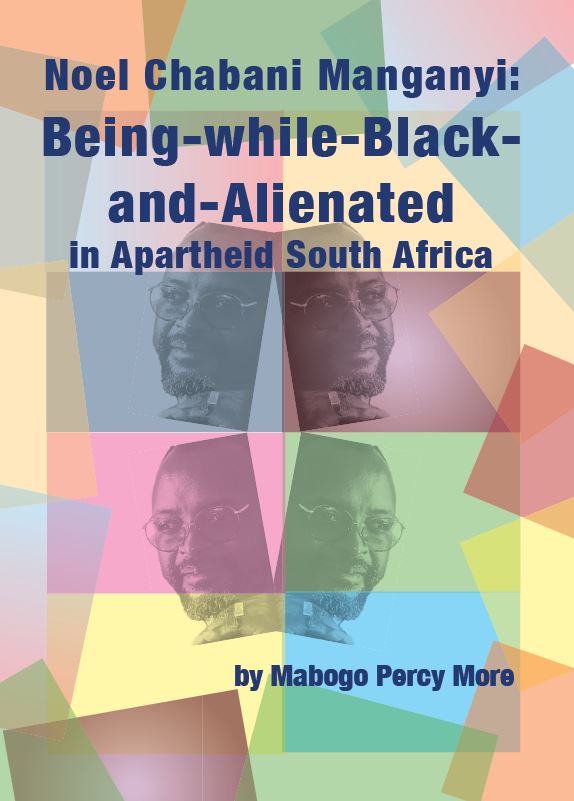
This is fundamentally a text about race and anti-black racism producing the problem of alienation (separation) of humans from one another, from their bodies, and from themselves, globally. The distinct and conscious focus is on the historical context of apartheid and ‘post’-apartheid South Africa through the lens of Noel Chabani Manganyi, a distinguished black clinical psychologist and one of the first in the country.
The book is a philosophically critical engagement with his work, and it constitutes part of the author’s overarching project of attempting to reclaim and retrieve hitherto overlooked, ignored and invisibilised black thinkers of the past and present. Although Manganyi has written over 10 books – Being-Black-in-the-World (1973) and Alienation and the Body in Racist Society (1977) being the most important and popular – his ideas and work have been disregarded by mainstream South African psychology and philosophy.
Manganyi’s body of published work reveals that from the beginning he has been involved in an attempt to contextualise his discipline, psychology, in the lived realities of South Africa: apartheid racism and the alienation it produced for black people. His main concern has been to utilise psychological discourse to address issues relevant to what can broadly be called ‘the black lived experience’ in an anti-black racist society of the condition of alienation. He stood as a solitary figure whose voice was pushed to the margins of the psychological establishment, which was either silent about or complicit in the oppression of blacks by the apartheid regime.
By exploring Manganyi’s concerns about apartheid racism and its attendant devastating production of alienation among black people, the author argues that the alienation produced by continuing rampant anti-black racism (even at the hands of a black government) constitutes a lingering problem of ‘post’-apartheid South Africa. The author demonstrates that apartheid and alienation are not only conceptually synonymous but experientially related: what connects anti-black racism (apartheid) and alienation is the fact of our embodied existence in the world and that black alienation manifests itself through the body. After all, anti-black racism is predicated on bodily appearance and differences among humans. Manganyi himself places a high premium on the body precisely because, in his view, black subjects have inherited a negative sociological schema of their black bodies, which results in most experiencing themselves as things or objects outside of themselves – that is, alienated from themselves.
The value of revisiting Manganyi’s contribution can be underlined by reference to imperatives posed by recent incidents of anti-black racism and contemporary approaches to race and embodiment in disciplines such as philosophy (black existentialism), psychology, sociology, cultural studies and identity politics.
This book will be of interest to undergraduate and graduate students and scholars in the fields of psychology, social psychology, philosophy, sociology, critical race studies, phenomenology, existentialism, politics, political philosophy, and postcolonialism.
About the author
Mabogo Percy More is a retired professor of philosophy at the following institutions: University of the North, University of Durban-Westville, University of KwaZulu-Natal, and University of Limpopo. He is currently an associate researcher at the University of Limpopo and has published over 50 journal articles, book chapters and three books, two of these being Biko: Philosophy, Identity and Liberation (2017: HSRC Press) and Looking Through Philosophy in Black (2019: Rowman & Littlefield).
HSRC Publishing contact details:
Full title: Noel Chabani Manganyi
Subtitle: Being-while-Black-and-Alienated in Apartheid South Africa
Author: Mabogo P. More
Publication: AISA
ISBN: 978-0-7961-1025-1
Format: 210 x 168 mm
Extent: 312pp
Price: R430


